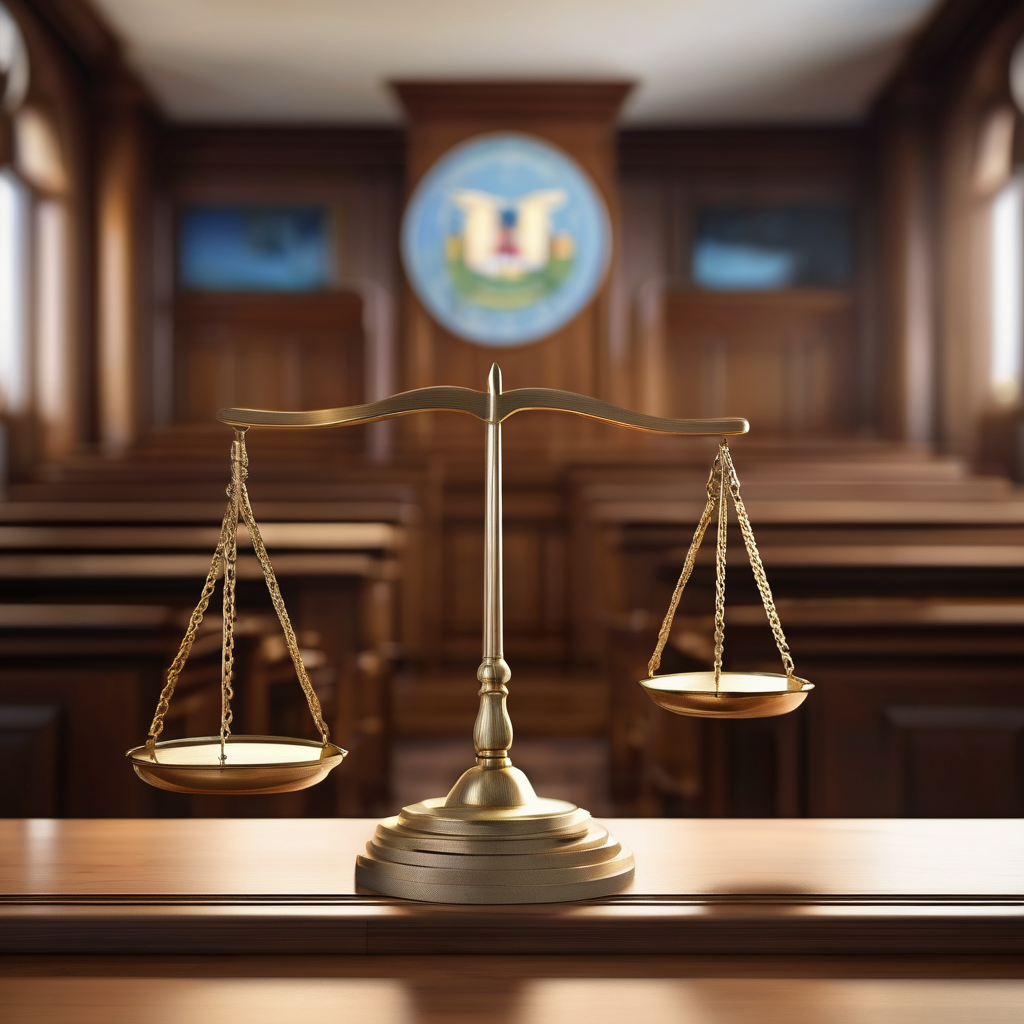Chief Justice Salesi Temo has ruled that the Suva High Court will remain open for the testimony of a crucial witness in the trial involving former Supervisor of Elections Mohammed Saneem and former Attorney General Aiyaz Sayed-Khaiyum. This decision came after rejecting the State’s request for a closed court, aimed at protecting the judiciary’s reputation. Preetika Prasad, the witness in question, is set to testify in her former capacities as Acting Solicitor General and Secretary of the Constitutional Offices Commission.
Chief Justice Temo acknowledged the State’s concerns but emphasized the importance of transparency given the public interest in the case, asserting that the public has a right to be informed about the proceedings. He also highlighted the significance of responsible expression, cautioning that unlawful defamation could lead to contempt charges.
The court heard that prosecution witnesses have been subjected to social media victimization due to media coverage of the trial. However, Justice Temo assured that legal safeguards are in place to protect the court’s integrity. He concurred with defense counsel Devanesh Sharma’s reminder that the trial is a criminal proceeding open to the public, and closure can only be justified in exceptional circumstances.
The trial involves Saneem, charged with receiving a corrupt benefit, and Sayed-Khaiyum, accused of abuse of office. These charges relate to a 2022 incident when Sayed-Khaiyum, while serving as Acting Prime Minister, allegedly approved payments to cover Saneem’s taxes without necessary endorsements, amounting to over $55,000.
This legal battle has attracted considerable public attention, highlighting issues of governance and accountability in Fiji. The decision to keep the court open reflects a commitment to transparency and justice. As the trial unfolds, it presents an opportunity for the judiciary to reinforce public trust and potentially set precedents for future governance practices. This trial underscores the essential role of the judicial system in maintaining integrity and transparency within government operations, potentially influencing policy reforms and ethical standards in public service.
